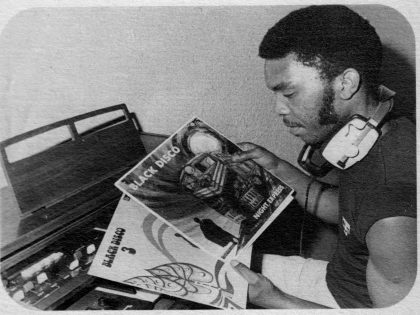Re: Gentrified Fiction

Novelist (and New School professor) Siddhartha Deb in an interview with Jeffrey Errington for The Quarterly Conversation:
I haven’t been satisfied by most contemporary novels, especially those set in very well-trodden territories like New York. Even the geography of these novels is limited, where all we see are small strips of that city … People talk about the crisis in the form of the novel, at least in England and America. There is no crisis. It’s a good form, an open and flexible one. The crisis is with the writers. They are narrowing down what is possible. Established writers in the West now live comfortable bourgeois lives, a narrow middle-class life, and it’s hampering them. It’s not a Flaubertian “live like a bourgeois, write like a madman,” approach. They are not writing like madmen, but as very comfortably bourgeois, and the novels reflect that. They give the sense of ennui, of living past the moment when anything mattered, whether it’s history or politics or identity, when the truth is that the world is being violently changed even as our contemporary novelists play their ironic tunes. The work is under-imagined and under-lived.
… What they have done is gentrify their own fiction. Look at William Gibson’s dirty and gritty early work. When you read the early novels – I’m thinking especially about Neuromancer and some of the earlier short stories—they are filled with messed up people living in a bruised and battered world. But the later novels? They happen in lofts with hardwood floors and French windows. The characters are trend spotters who drink double lattes after they have finished their Pilates class. There’s an example of a writer who has been gentrifying his own fiction, and the odd thing is that he has done it while moving up the literary hierarchy from pulp—and terrific pulp—to quasi-literary fiction, which is to say the realm of the middle brow, neither pulp nor high art. And this is so true of so much contemporary writing in English. I don’t think the writers intend for their writing to seem fake—indeed they want you to think that it’s art—but I react to it as if it were fake. It feels like I am in one more airport with the same franchised stores and I have no idea what country I am in: No specificity … So much of contemporary writing is first person narration. But often this first-person narrator is transparent to the reader, in that his or her desires and expectations coincide very neatly with those of the work’s middle-class audience. A lot of these books seem to revolve around consumption habits and courting etiquette, and I’m deliberately using a seemingly anachronistic phrase because in the contemporary novel sexuality or Eros functions within such tightly bound norms. These writers seem to be tapping directly into the material of their lives, but they are not doing anything very interesting with it. People bring in discussions of food, clothes and babies and to add a touch of gravitas one sometimes rolls in the Holocaust, Muslim terrorists, or one’s ethnic heritage … There is no willingness to engage with what is out there. It can’t just be about me and my friends. But most of the novels are about me and my friends.



















